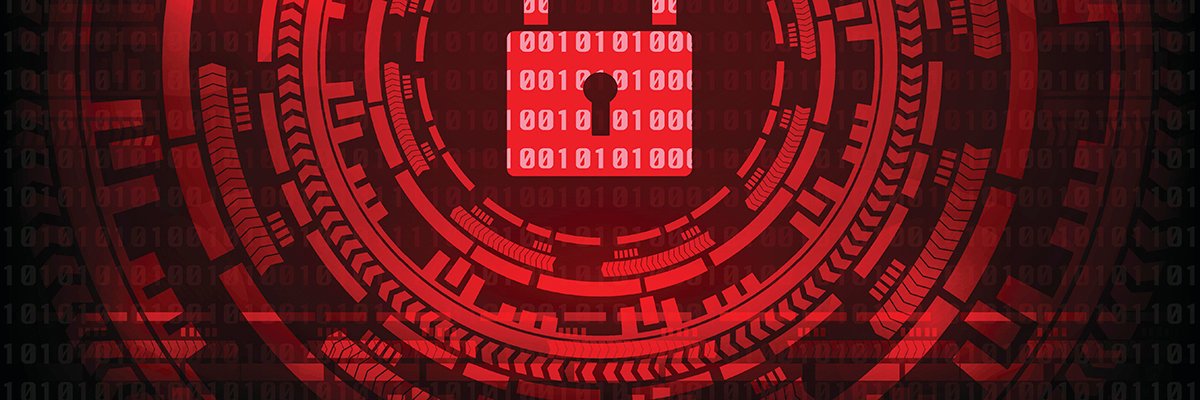Malware attacks continue to be a major concern for companies, as they can lead to security breaches, prolonged downtime, hardware damage, and significant financial costs for remediation. It is not just Windows systems that are vulnerable to these attacks; even popular servers like Linux are at risk, as they do not have built-in virus protection.
Recently, there have been several notable malware attacks on Linux systems. The SprySOCKS backdoor malware exploits a networking framework to collect system information and execute various commands, while the BiBi-Linux wiper is designed to destroy data on Linux systems. Additionally, the PingPull remote access Trojan targets government and financial institutions, and the Krasue RAT specifically focuses on telecom firms in Thailand. These examples highlight the diverse nature of malware attacks that Linux systems can fall victim to.
In response to these threats, companies can take specific precautions to defend against malware attacks. While Linux servers do not typically require antivirus software, it can be beneficial to install it, especially if the server is being used as an email server. Additionally, regular system updates and automated backups are essential measures to maintain the integrity and security of Linux systems. By applying security patches and creating daily backups, companies can minimize the impact of potential malware attacks.
Managing permissions is another critical aspect of safeguarding Linux systems. Administrators must monitor and control user permissions to ensure that they are appropriate for the tasks and files that users need to access. Creating groups with specific access and permissions can simplify this process, allowing for more efficient management of user permissions.
Furthermore, there are various additional considerations for preventing malware attacks on Linux systems. Maintaining up-to-date security measures, such as enabling the system firewall, implementing strong user password policies, and using SSH key authentication, can significantly reduce the risk of malware infiltration. Additionally, companies should be aware of the end of life (EOL) dates for their Linux distributions, as outdated versions may lack essential security patches, leaving them vulnerable to attacks.
It is important to recognize that no operating system is entirely immune to malware. While precautions can mitigate the risk of attacks, the interconnected nature of modern networks means that no machine can be completely impervious to threats. By taking a proactive approach to security and following best practices, companies can significantly reduce their susceptibility to malware attacks.
In conclusion, the potential consequences of malware attacks on Linux systems are significant, and companies must take proactive steps to protect their infrastructure. By implementing specific precautions and staying informed about potential threats, companies can minimize the risk of malware attacks and maintain the security and integrity of their systems.


